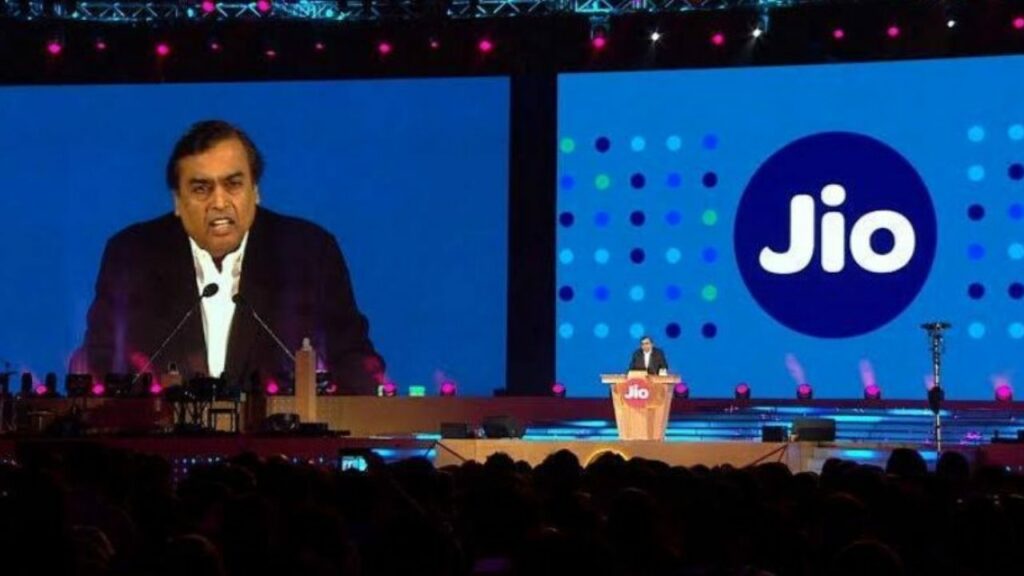Being the second largest wireless market, the Telecom operators in India would like internet companies to compensate for using their networks.

Paying For Network Usage
This is the recommendation they’ve made to the local regulatory body, echoing a viewpoint that is gaining some momentum in other parts of the world but also stoking fears about violation of net neutrality.
Earlier, Reliance Jio Infocomm Limited which is also India’s largest telecom operator with more than 450 million subscribers, recommended to the local regulator that internet companies should be made to “contribute” toward telecom network costs based on the traffic they consume, their turnover and number of users.
The unit of Reliance, which is run by Asia’s richest man Mukesh Ambani said, “We suggest that TRAI [India’s telecom regulator] should recommend OTT providers for contributing in the network development and building a backbone for the country. In this effort, the Other OTT service providers should also be required to pay their fair share.”
So far, the telecom which carries 55% share of India’s total data traffic, contends that requiring internet companies to compensate for network usage will ensure a level playing field.
Further adding that there is a “near consensus” among telecom operators across the globe on this subject.
Interestingly, Airtel and Vodafone-Idea, two other major telecom players in the country, concur with their leading competitor, in this regard.
Besides this, Airtel also proposed that only the largest users of the internet infrastructure should bear the costs of network usage, allowing smaller startups to thrive unhindered.
Telecoms Looking For Margin Boost
It is noteworthy here that besides India being one of the world’s largest wireless markets, its average revenue per user is fairly low in the South Asian market.
India ranks in the bottom -5% of all low middle- and low-income countries with an ARPU of a mere ~$2 per month.
Last year, the top three telecom operators in India agreed to pay $19 billion to use 5G airwaves.
Now, they are hoping that the regulator intervenes to boost their margins.
Their comment has been made public this week, in response to a consultation paper by Telecom Regulatory Authority of India.
The intriguing thing about their remark is the multifaceted relationship telcos share with tech giants.
So far, the telecom networks in India are some of the largest distributing partners for tech firms.
For instance, Netflix partnered with Jio just last month to bundle the streaming service with the carrier’s two pay-as-you-go plans.
Besides this, Jio also has a 10-year partnership with Microsoft to launch new cloud data centers in India and resell many business offerings.
Other big players like Google and Meta are also significant minority investors in Jio, having together invested more than $10 billion in the Indian firm.
Google has also invested in other telco like up to $1 billion in Airtel.
Critics, such as Nikhil Pahwa from Medianama, caution that
The concern has been raised as by adopting the suggestions of the telecoms, networks would breach principles of net neutrality.
Earlier, Pahwa was instrumental in raising awareness about potential violations of net neutrality when Meta tried to introduce Free Basics in the country, nearly 10 years ago.











